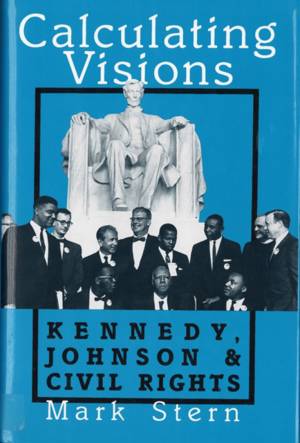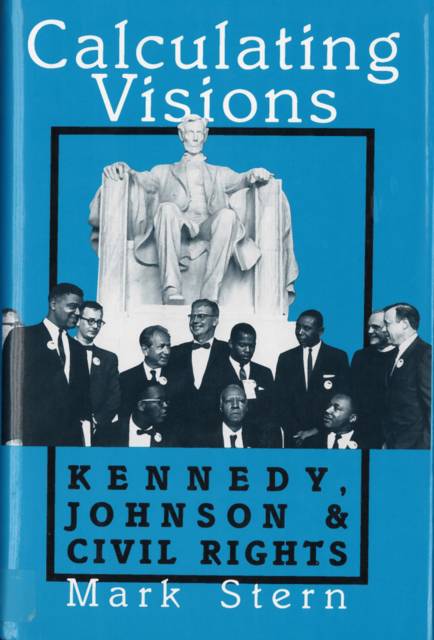
Door een staking bij bpost kan je online bestelling op dit moment iets langer onderweg zijn dan voorzien. Dringend iets nodig? Onze winkels ontvangen jou met open armen!
- Afhalen na 1 uur in een winkel met voorraad
- Gratis thuislevering in België vanaf € 30
- Ruim aanbod met 7 miljoen producten
Door een staking bij bpost kan je online bestelling op dit moment iets langer onderweg zijn dan voorzien. Dringend iets nodig? Onze winkels ontvangen jou met open armen!
- Afhalen na 1 uur in een winkel met voorraad
- Gratis thuislevering in België vanaf € 30
- Ruim aanbod met 7 miljoen producten
Zoeken
Omschrijving
In June 1963, in the midst of national turmoil brought about by civil rights demonstrations, John Kennedy sent his administration's first major civil rights bill to the Congress. Still unsure about this move, he asked his brother Robert, "Do you think we did the right thing?" Within days of assuming the presidency, Lyndon Johnson publicly committed himself to civil rights as a "memorial" to his predecessor. Privately he told Georgia's Senator Richard Russell, the leader of the South in Congress, "Dick, you've got to get out of my way. I'm going to run you over." President Johnson would not compromise or equivocate on civil rights. John Kennedy of Massachusetts yielded to the pressure of events and became an ally of the movement, despite his fear that supporting civil rights could cost him votes in Congress and the nation. Lyndon Johnson of Texas, whom liberals loathed because he often gutted their prize legislation, became the committed champion of civil rights. Together their administrations became synonymous with the Second Reconstruction, though neither president had a prior record of strong civil rights commitment. Mark Stern explains how each man pursued power and votes, and ultimately redirected his own course of action and altered the nation's future.
Specificaties
Betrokkenen
- Auteur(s):
- Uitgeverij:
Inhoud
- Aantal bladzijden:
- 328
- Taal:
- Engels
- Reeks:
Eigenschappen
- Productcode (EAN):
- 9780813517445
- Verschijningsdatum:
- 1/02/1992
- Uitvoering:
- Paperback
- Formaat:
- Trade paperback (VS)
- Afmetingen:
- 154 mm x 228 mm
- Gewicht:
- 458 g

Alleen bij Standaard Boekhandel
+ 125 punten op je klantenkaart van Standaard Boekhandel
Beoordelingen
We publiceren alleen reviews die voldoen aan de voorwaarden voor reviews. Bekijk onze voorwaarden voor reviews.











